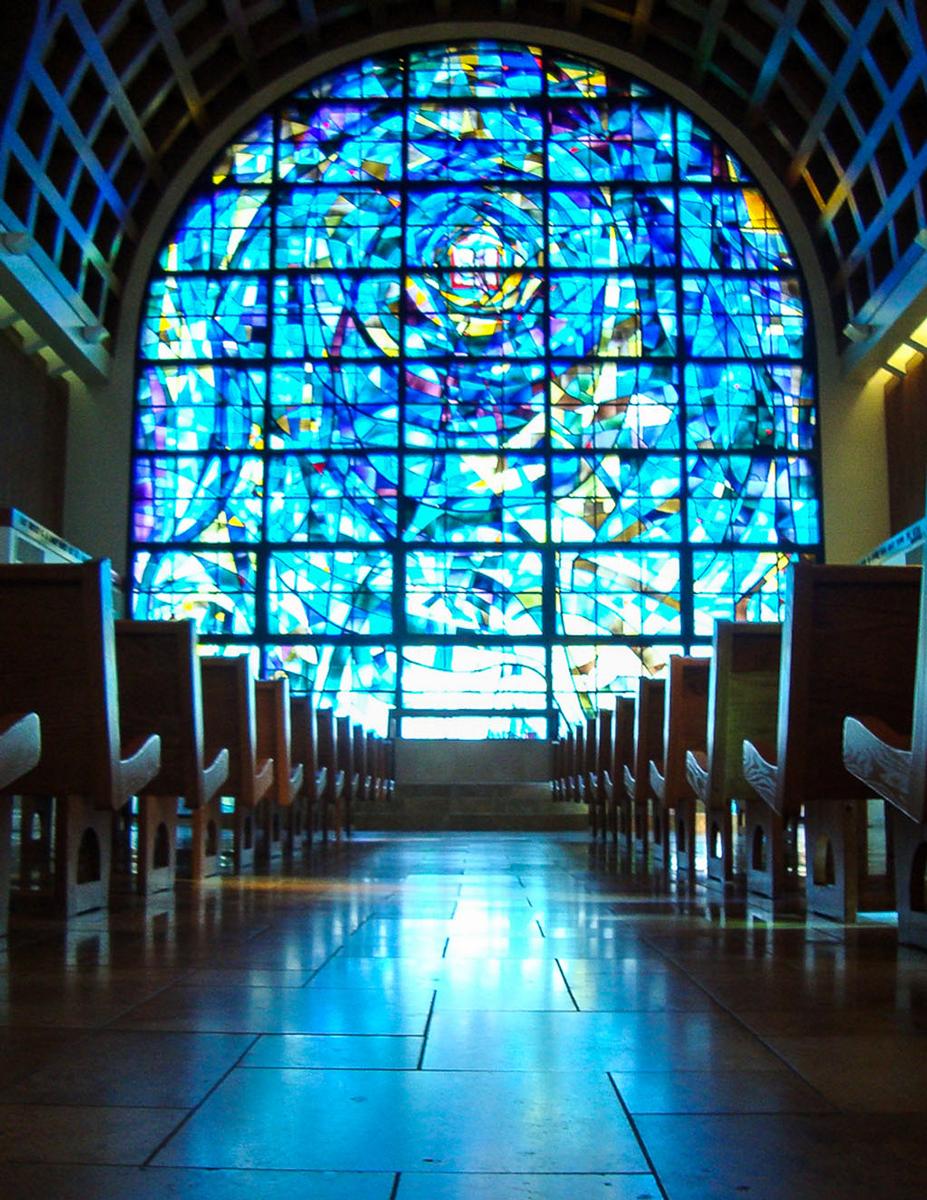Fragrant incense, the observation of the Eucharist and the recitation of ancient texts are seldom considered viable components of worship on Biola’s campus. But for Biola students who were raised in or have discovered the “high church,” such practices characterize their faith. Liturgical church traditions provide the framework for their worship.
“A lot of liturgical churches give structure to more than just the Sunday church service,” said Torrey Honors Institute professor and Anglican reverend Greg Peters. “They can actually offer a structure over your whole life.”
According to Peters, Christians are drawn to liturgical church denominations for a number of reasons, including their rich history, aesthetic, organization, credal way of stating one’s faith and even their association with popular Christian thinkers like C.S. Lewis and J.R.R. Tolkien.
Traditional church practices, which have been shared for centuries, are more than ancient actions or historical associations. They are a conduit of spiritual connection and understanding for Christians around the world.
Coptic Orthodox
Junior biology major Mira Mikhail is firmly rooted in the Coptic Orthodox Church. Her father left the medical profession to serve as a coptic priest and has done so for the last 20 years.
“We used to live a block away from the church,” she said. “The bulk of my life, when I wasn’t at home or at school, was spent at church.”
Mikhail revels in the rich history of the Coptic church, which she describes as a “totally different world” from the chapel experience commonly shared at Biola and among contemporary evangelical congregations.
“The orthodox tradition is really deep,” she said. “The liturgies themselves are a few thousand years old.”
There is a deep sense of reverence in each service, according to Mikhail, which lasts approximately two and a half hours and includes three languages — Arabic, Coptic and English.
The liturgies, running according to the church’s calendar, guide the congregation through their worship and teachings.
“Not every liturgy is the same,” Mikhail said. “While it seems the same — the same thing with the same words — the readings are totally different every day and they all tie in together. They all contain a message.”
Anglican
For sophomore nursing major Milagro Menees, the Anglican Church’s rich tradition of worship extends beyond the church and into her home. Her father was an Anglican priest and now serves as a bishop.
“I’ve grown up in the church and saw it as my second home,” she said.
Daily prayer with her family was a foundational spiritual practice for Menees.
“When I was younger, we would always have evening prayer at my home,” she said. “We would get together for 30 minutes with the Book of Common Prayer.”
The church calendar, which sets the daily agenda for worship in the church, also provides a consistent rhythm of worship each year.
“I think of the church calendar in terms of seasons — winter, spring, summer and fall,” she said. “Growing up and having a consistent [calendar] to look to, there was always excitement for Easter and Christmas. You prepared for it and dwelt on the [meaning] — what does it mean that Christ was tempted or that he suffered on the cross? We really examined and celebrated [the meaning], not just the day.”
Menees’ experience at Biola has opened her eyes to the value of diversity among church denominations, particularly as they reflect the character of God.
“Each one has its own unique aspect of God that should be treasured and celebrated,” she said.
Russian Orthodox
Ekaterina Makarova, a freshman film major from Moscow, was born and baptized into the Russian Orthodox Church. But beyond formalities, faith was not a significant factor of her upbringing.
“I grew up Russian Orthodox, but my family was not really into church or religion,” she said.
She grew to understand the rich traditions of the Russian Orthodox Church only after she began regularly attending a protestant church.
According to Makarova, Russian Orthodox Christians are reserved in the expression of their faith.
“For the Russian Orthodox, faith is much more personal and private,” she said. “It’s something really sacred for them.”
Makarova does not identify exclusively with the Protestant or Russian Orthodox denomination. While there are still some practices she does not understand, Makarova attends Russian Orthodox and Protestant services.
“More and more, I enjoy going to orthodox churches,” Makarova said. “They treat faith like something that’s really, really intimate. The building, candles and smell they have — it’s really interesting. It gets you connected on a deep level.”







